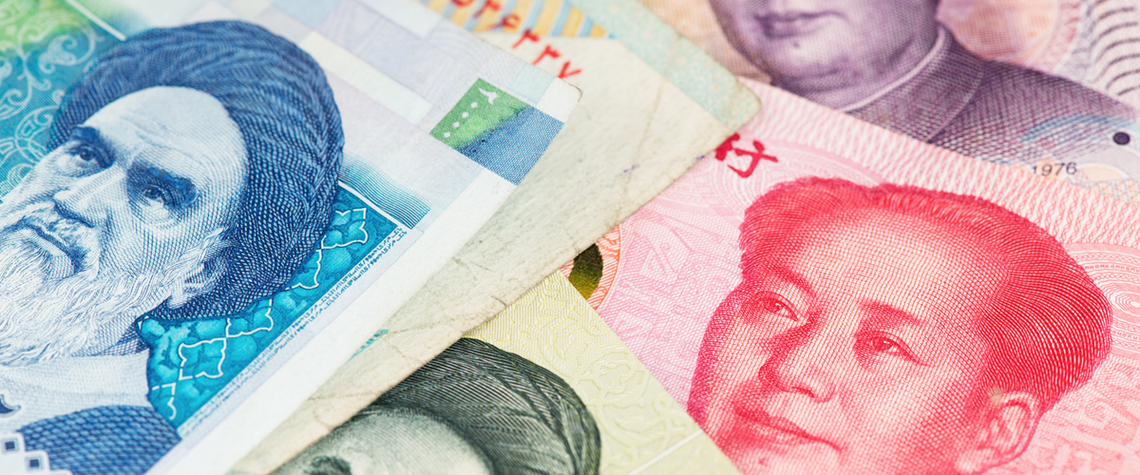Outlook 2022: Middle East and Asia joined at the hip
Greening strategies in the east are creating strong prospects for states to increase gas exports
The Middle East is uniquely positioned in the energy transition. The global fight to tackle climate change is both a concern and an opportunity for oil and gas producers in the region, especially those sitting on massive hydrocarbon reserves in countries with poorly diversified economies. And while growing international pressure to quit fossil fuels is increasing the risk of Gulf assets becoming stranded, the slower pace of decarbonisation in Asia is opening up new export possibilities. In the Middle East, the energy transition is closely tied to oil and gas exports. Decarbonisation requires massive financing, and countries in the region rely heavily on the sale of fossil fuels for revenue.

Also in this section
26 February 2026
OPEC, upstream investors and refiners all face strategic shifts now the Asian behemoth is no longer the main engine of global oil demand growth
25 February 2026
Tech giants rather than oil majors could soon upend hydrocarbon markets, starting with North America
25 February 2026
Capex is concentrated in gas processing and LNG in the US, while in Canada the reverse is true
25 February 2026
The surge in demand for fuel and petrochemical products in Asia has led to significant expansion in refining and petrochemicals capacities, with India and China leading the way







